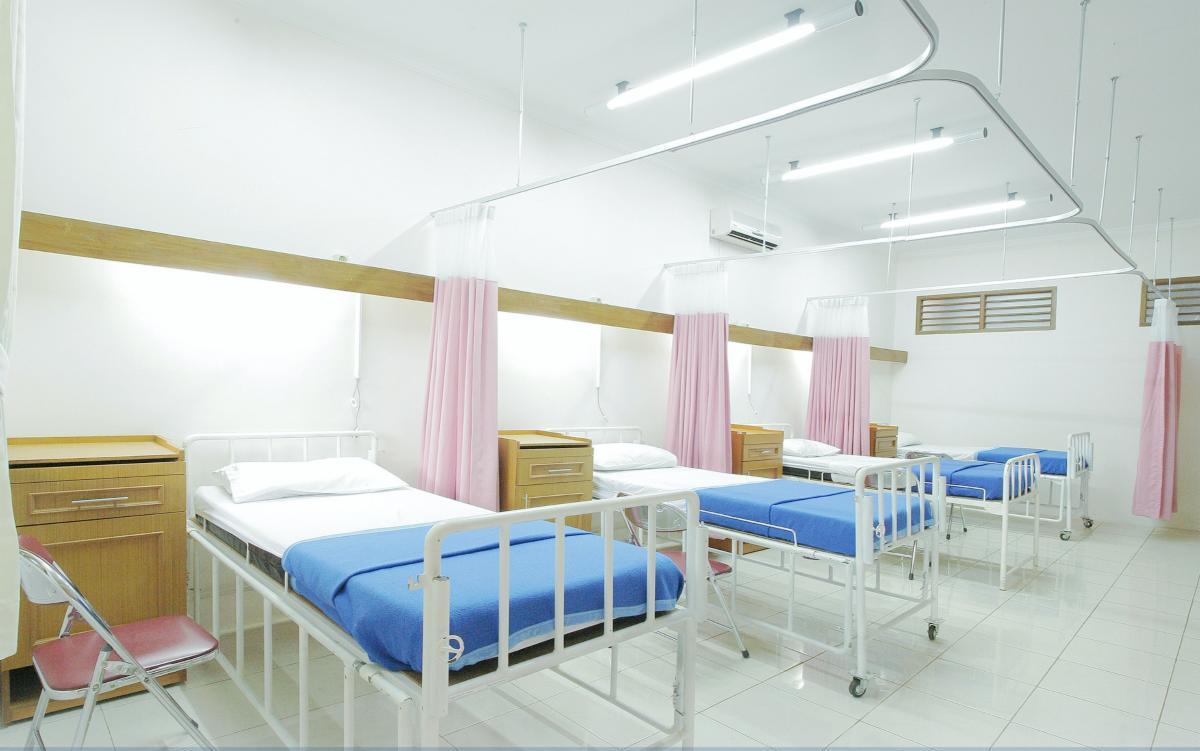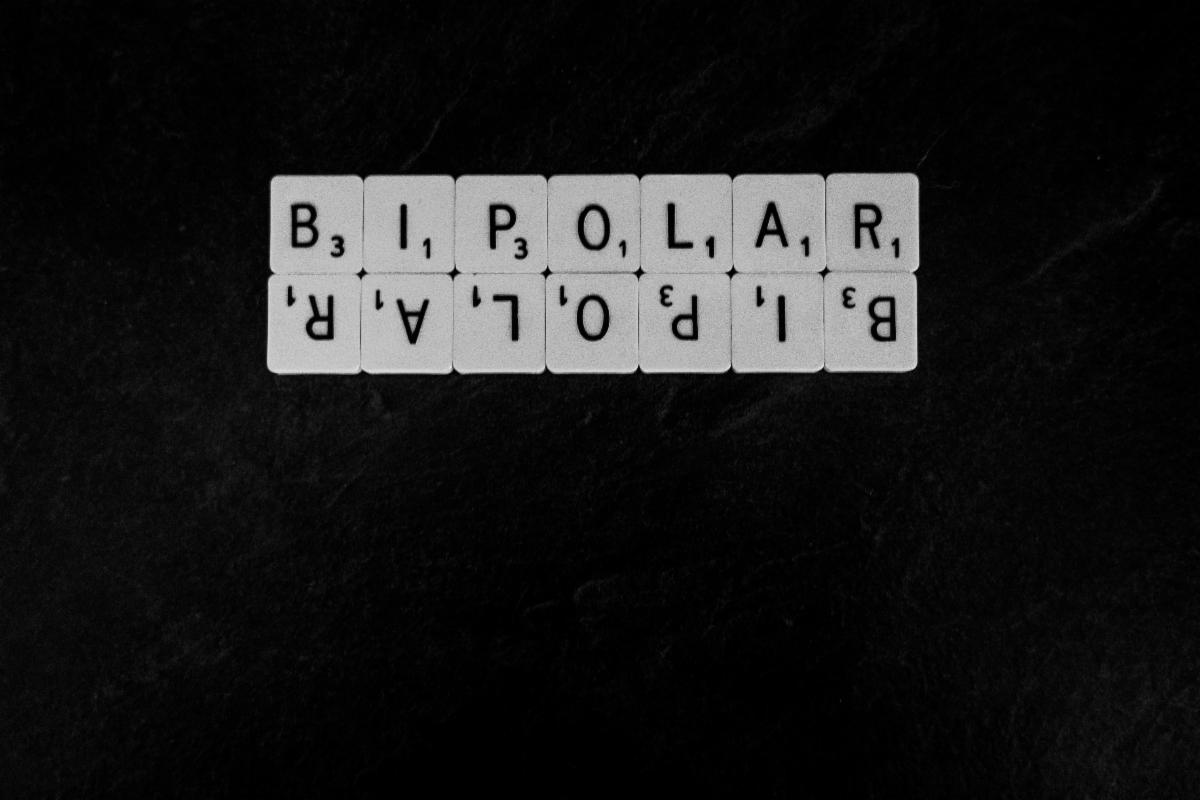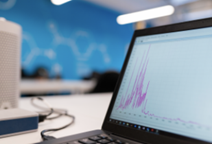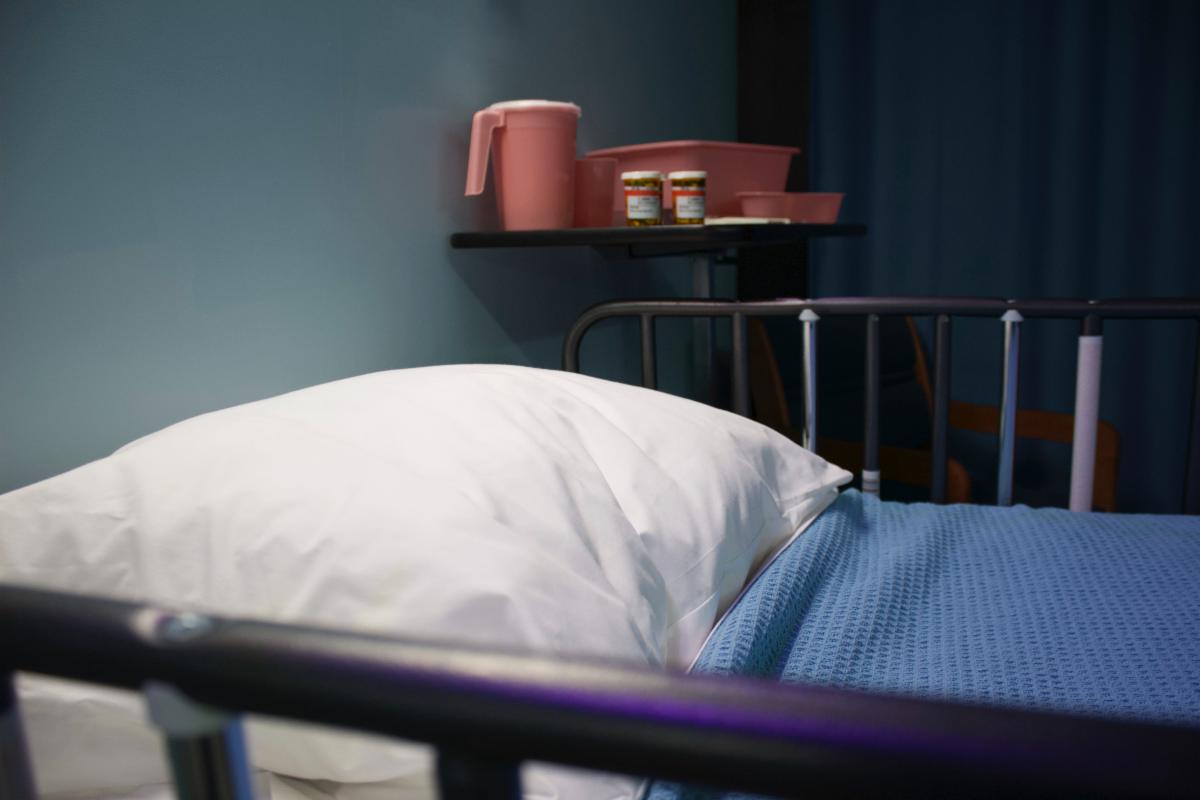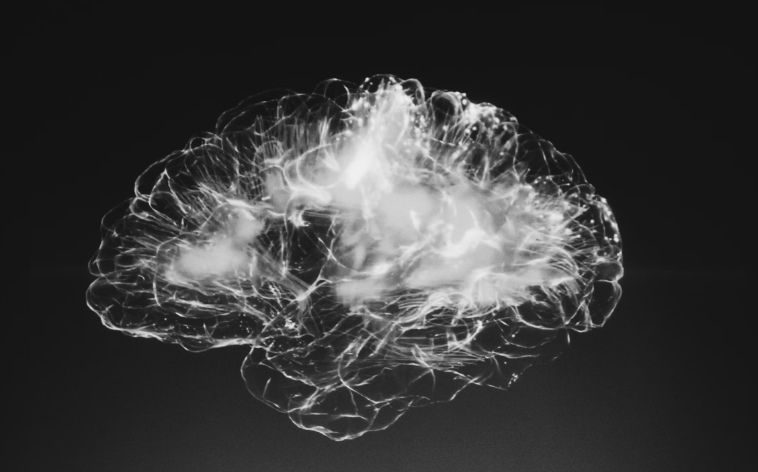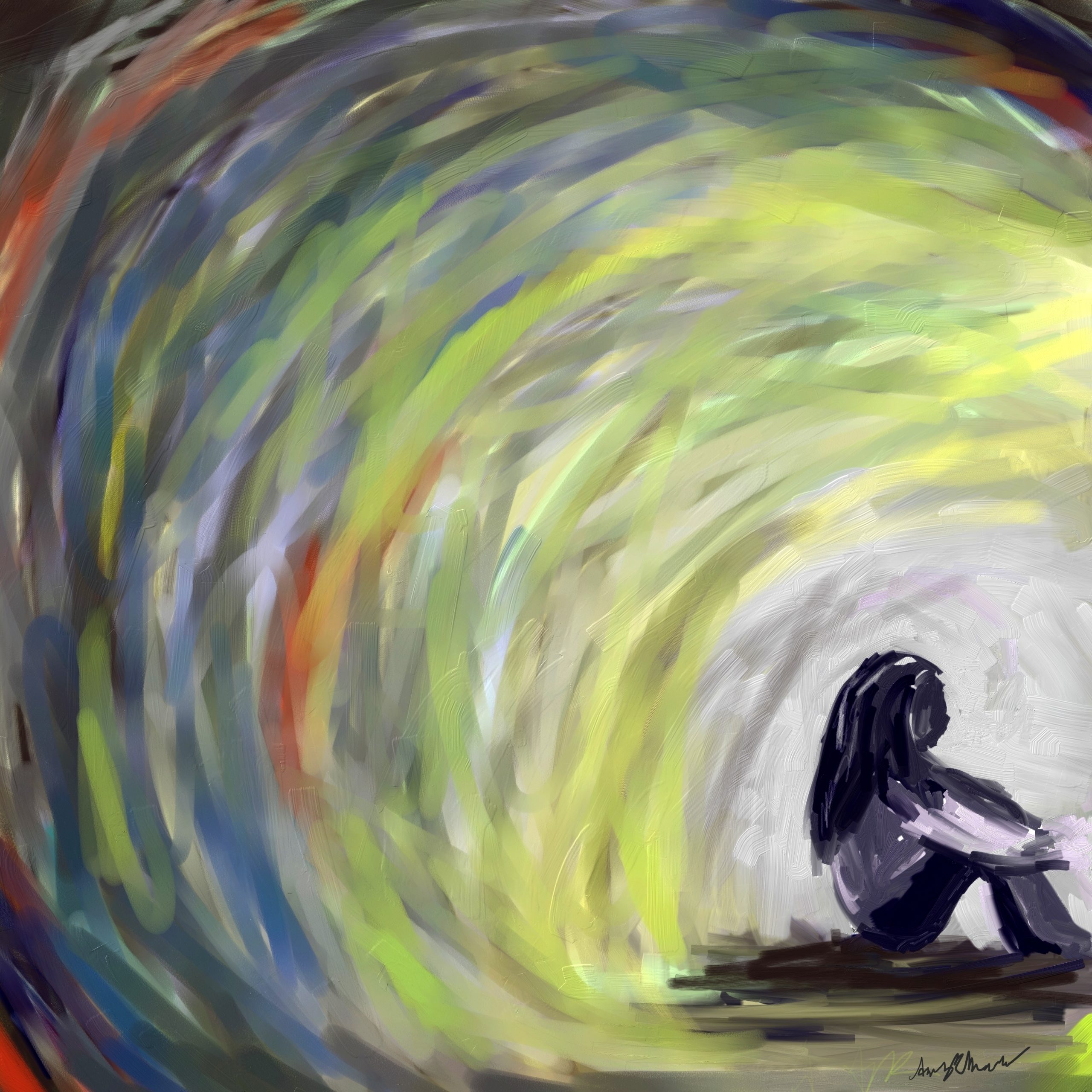Untreated SMI: Deterioration
Psychiatric deterioration describes when a person with severe mental illness (SMI) begins to experience an increase in severity of their symptoms, worsened mental health, and a decrease in their ability to function. These changes in an individual’s mental state indicate the need for closer clinical observation and changes to or initiation of treatment.
The impact of untreated psychosis on the brain
Untreated severe mental illness symptoms can have a toxic effect on the brain. Research has shown that the duration of untreated psychosis is associated with changes in the brain like reduced grey matter volume and reduced surface area in the executive networks of the brain. These areas of the brain are responsible for critical aspects of life such as daily functioning, memory, and emotions.
A long duration of untreated psychosis is also negatively associated with treatment effectiveness; the longer the duration of untreated psychosis, the less responsive a person will be to treatment in the future.
Preventing long duration of untreated psychosis
The average duration of untreated psychosis in the U.S. is 74 weeks. This lengthy period of untreated psychosis can have long-lasting effects on the brain.
To ensure all people with psychosis are given timely access to treatment, more programs to identify and treat people experiencing their first episode of psychosis are needed. We must also end the “revolving door” of recovery and relapse in which people with severe mental illness cycle through emergency departments, jails, and the streets with little continuity of care.
Check out the links below to learn more about preventing untreated psychosis.






